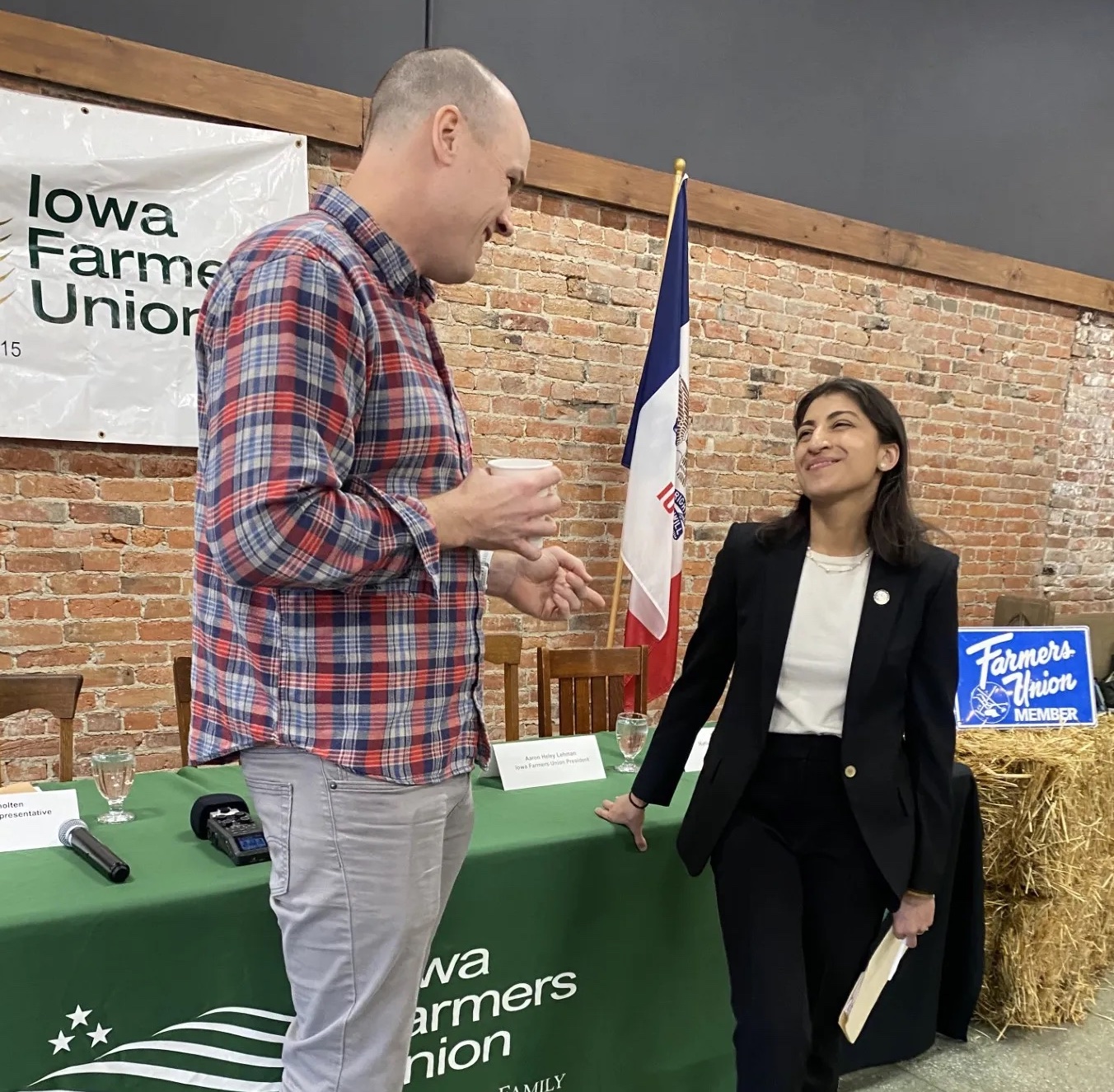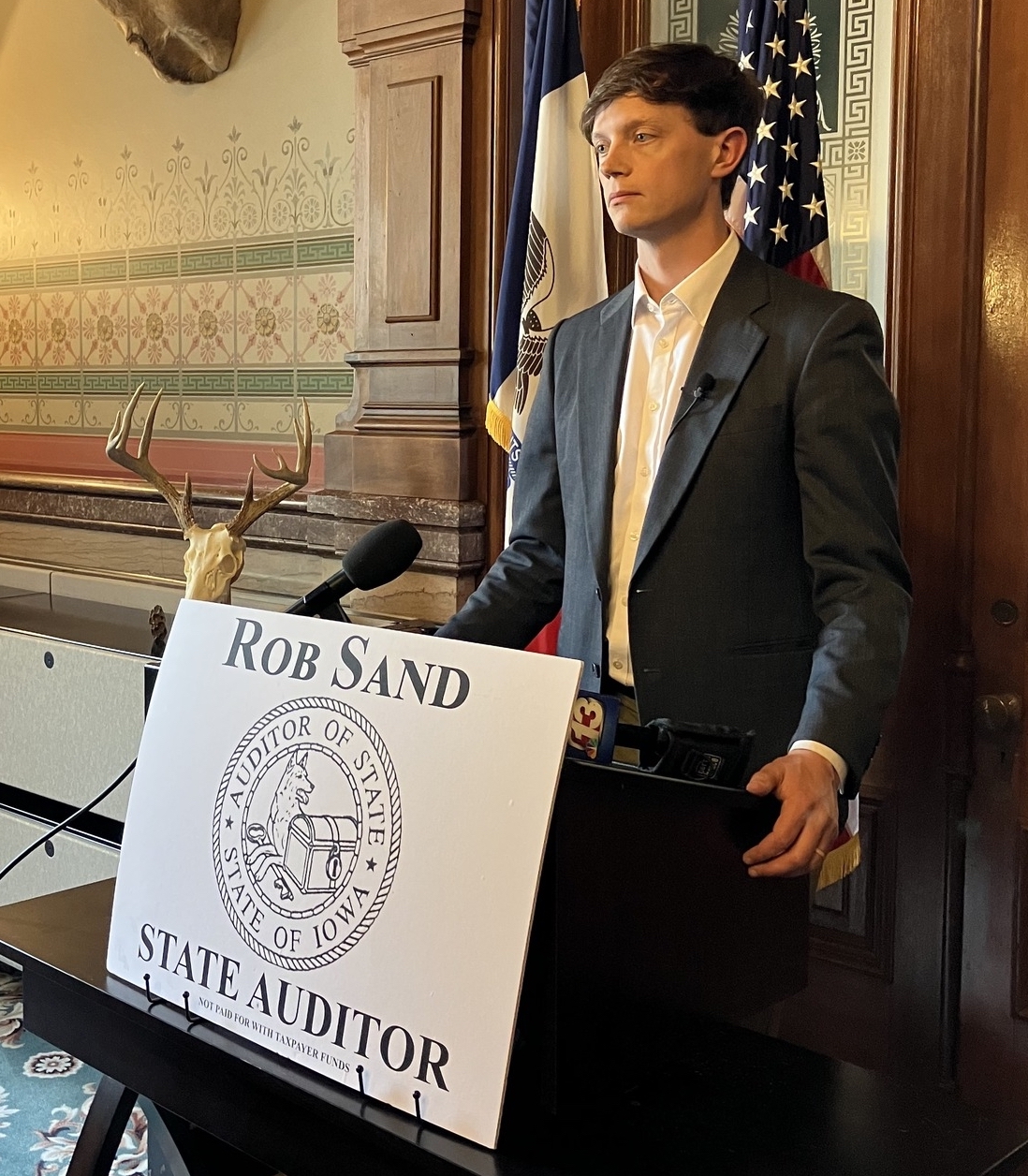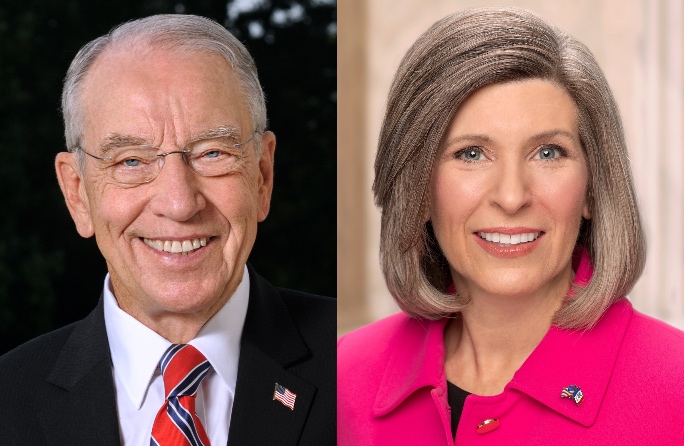Douglas Burns is a fourth-generation Iowa journalist. He is the co-founder of the Western Iowa Journalism Foundation and a member of the Iowa Writers’ Collaborative, where this article first appeared on The Iowa Mercury newsletter. His family operated the Carroll Times Herald for 93 years in Carroll, Iowa where Burns resides.
Harold Beach, a northeast Missouri farmer who runs a row-crop operation and raises hogs and cattle, traveled to central Iowa on April 20 to urge one of the nation’s top regulators to stop a multi-billion-dollar takeover of a Lee County fertilizer plant he and other rural advocates say will further erode competition in agriculture and increase costs for one of modern farming’s essential inputs, nitrogen.
“I would like you to be fearless and courageous and be a Teddy Roosevelt,” Beach told Federal Trade Commission chair Lina Khan.
Continue Reading...








